The Centre for Computational Science is committed to advancing science through computers. We do this in all ways we can, in the fields of physics, material sciences and chemistry to life, medical and clinical sciences.
At the CCS:
- We conduct research in several domains. These include lattice-Boltzmann fluid dynamics simulations (e.g., of blood flow, turbulent fluids, and liquid crystals), analysing drug effectiveness in patients suffering from HIV and cancer, modeling interactions between different materials (e.g. between clay sheets and oil drilling fluids), modeling DNA translocation and modeling vehicular traffic.
- We have developed a range of simulation codes to aid in our research and software tools to make production infrastructures easier to access and use. Hereby we aim to develop codes which run efficiently on the largest petascale architectures today as well as the exascale architectures which are expected to emerge in the near future.
- We build complex problem solving environments, including ones for clinical decision support.
Our different computational techniques span time and length-scales from the macro-, through the meso- and to the micro- and nanoscopic scale. We are committed to studying new approaches and techniques that bridge these scales.
We explore these domains through high performance, data intensive, super- and distributed (grid/cloud) computing, using resources within Europe as well as the United States.
Complex Fluids
| ||
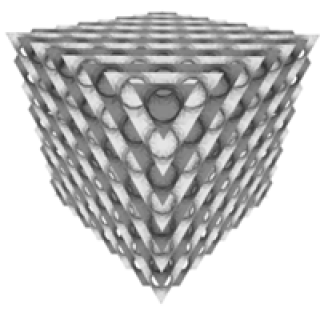 Gyroids | 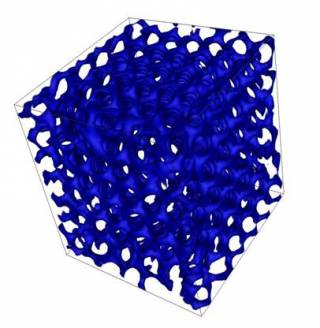 Rheology | 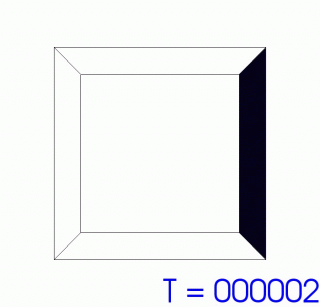 Porous Media |
Biomolecular modelling | ||
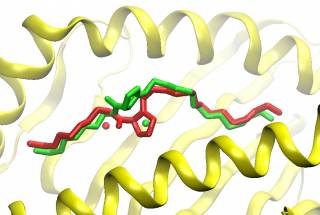 Major-Histocompatability Complex (MHC) | 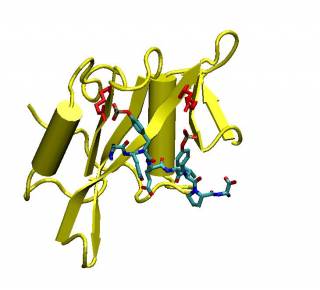 Src Homology 2 domains (SH2) | 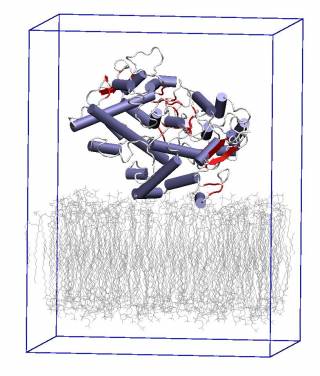 Prostaglandin H2 Synthase (COX) |
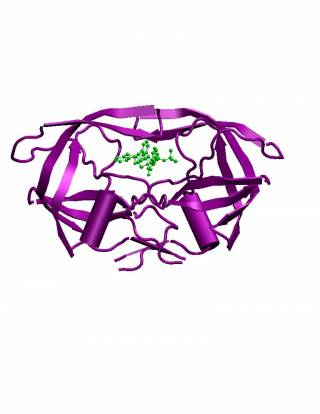 HIV-1 Protease | 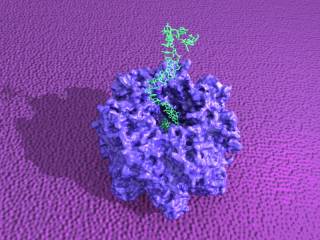 Nucleotide Translocation through Protein Nanopores | |
New methods for molecular simulations | ||
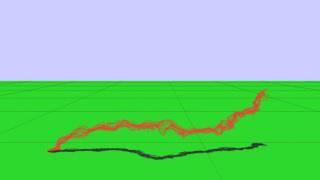 A Hybrid Multiscale Modelling Scheme | ||
Data Handling | ||
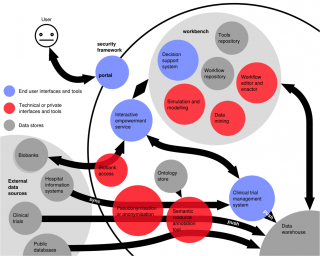 Ampoule-pi | ||
 Close
Close

